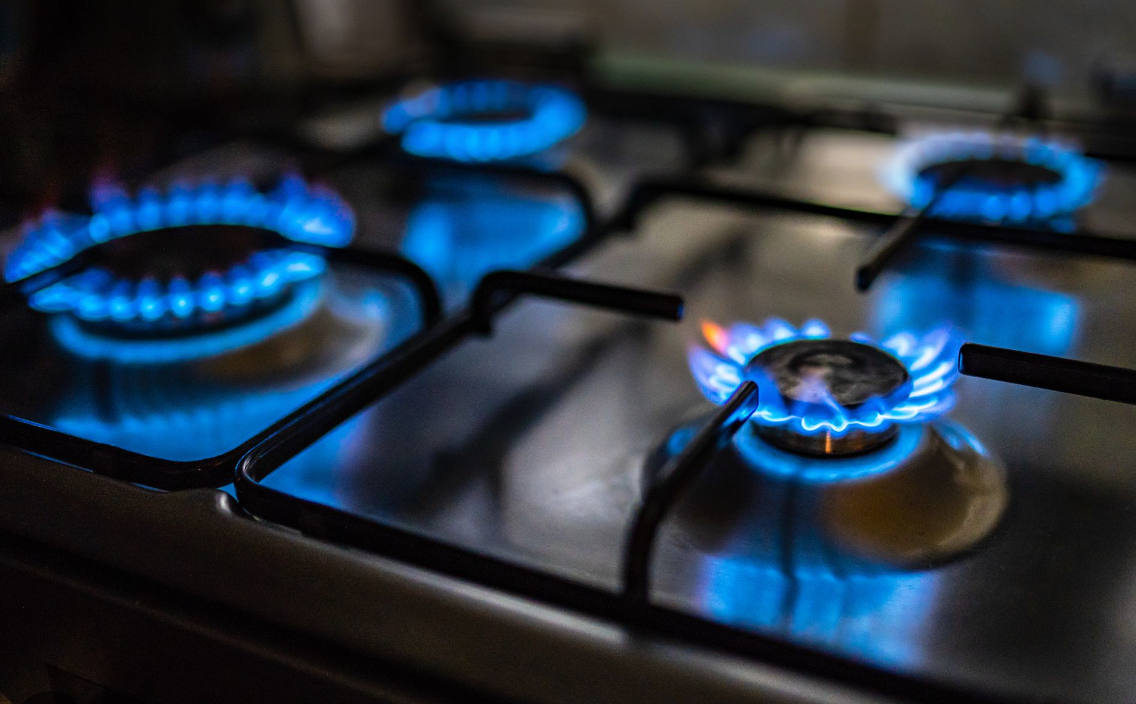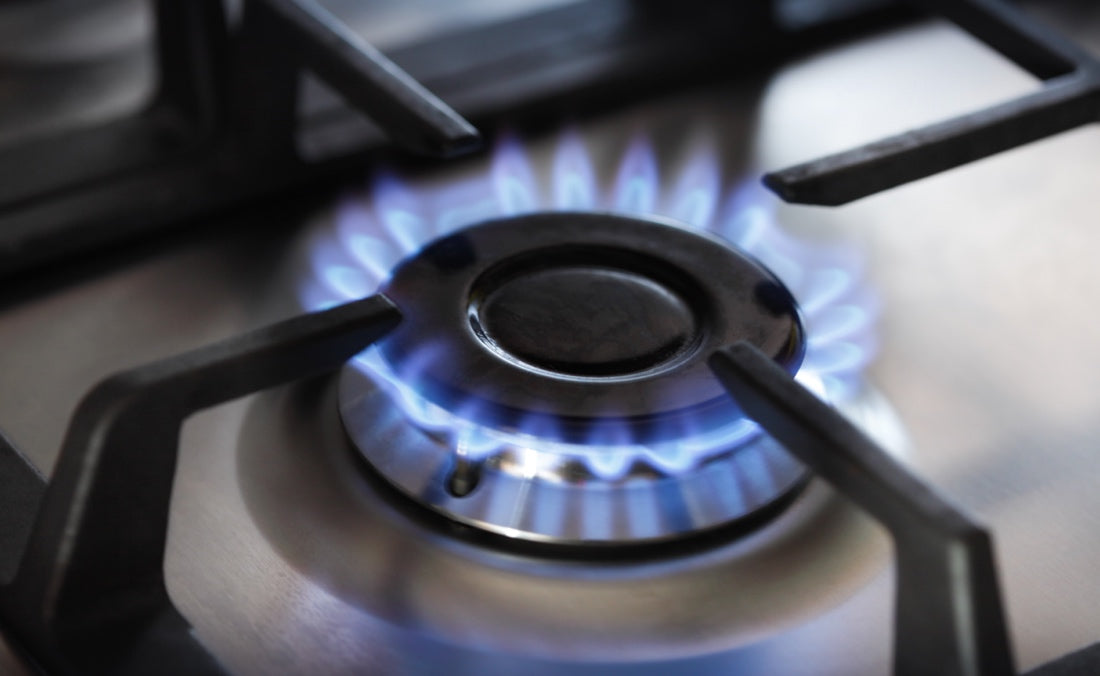There’s rising concerns around natural gas safety due to the recent news headlines of the Consumer Product Safety Agency now considering a future ban on natural gas nationwide. Here’s what you need to know:
Myth Buster #1: Natural gas stoves are causing 12% of childhood asthma and other respiratory, cardiovascular and heart issues.
Fact: “There are no documented risks to respiratory health from natural gas stoves from the regulatory and advisory agencies and organizations responsible for protecting residential consumer health and safety. The Federal Interagency Committee on Indoor Air Quality (CIAQ), which is comprised of two dozen federal agencies led by the U.S. Environmental Protection Agency (EPA), routinely addresses indoor air quality issues of public importance. The CIAQ has not identified natural gas cooking emissions as an important issue concerning asthma or respiratory illness. Furthermore, the U.S. Consumer Product Safety Commission and EPA do not present gas ranges as a significant contributor to adverse air quality or health hazard in their technical or public information literature, guidance, or requirements.” (Source: AGA.org)
Myth Buster #2: The government will likely ban natural gas
Fact: As of January 11, 2023, The President and the Whitehouse Press have gone on record to state that there they are not in support of banning natural gas in the United States and the Consumer Product Safety Commission will not ban gas. See here.
Myth Buster #3: Using electric is the safer alternative for your home
Fact: Many reports show electric stoves are more dangerous than gas. “According to a 2020 report by the NFPA, households with electric stoves reported fires at a rate 2.6 times higher than those with gas stoves. Equally staggering, the death rate of electric-run households was 3.4 times higher than those with gas appliances — and the injury rate was nearly 5 times greater.”
Report Shows Electric Stoves Are More Dangerous Than Gas (tastingtable.com)
NFPA reports that deaths/injuries from electric stove ranges far outnumber those with natural gas stoves. See stats below:
- The rate of reported fires per million households was 2.6 times higher with electric ranges.
- The civilian fire death rate per million households was 3.4 times higher with electric ranges.
- The civilian fire injury rate per million households was 4.8 times higher with electric ranges than in households using gas ranges.
- The average fire dollar loss per household was 3.8 times higher in households with electric ranges.
Home Cooking Fires - NFPA 2020 (congress.gov)
What Do You Do if You Have an Existing Natural Gas Stove?
Natural gas users should not be concerned about their stove being taken away. There’s no need to replace what you already have. We recommend a natural gas alarm for every natural gas appliance in your home to detect leaks and keep your air clean 24/7. Any current bans aim to eliminate the installation of gas stoves for new construction after 5 – 10 years, so there is no need to replace a currently functioning oven or other appliances.
What Can Home Owners Who Have Natural Gas Expect to See Across the US?
Some U.S. cities have passed legislation to ban the installation of gas stoves on most new construction after 5-10 years.
However, at least 19 states, including Alabama, Arizona, Arkansas, Florida, Georgia, Indiana, Iowa, Kansas, Kentucky, Louisiana, Mississippi, Missouri, Ohio, Oklahoma, Tennessee, Texas, Utah, West Virginia and Wyoming, have all passed laws in the last two years that ban local governments from placing limits on natural gas usage, according to Jake Rubin, the senior director of public relations at the American Gas Association.
“There are a number of states that have said they don't see banning natural gas as a climate solution, and therefore they have passed legislation statewide that prohibits states, cities, and towns from eliminating natural gas or any utility as a choice for those customers,” Ruben said. (Source: https://www.ksdk.com/article/news/verify/national-verify/gas-stoves-new-constructions-not-banned-federally-united-states-fact-check/536-e237725b-bc72-4479-bc96-42a21f071f99 )
The State of Natural Gas
Natural gas usage has been increasing in many countries such as Canada and Brazil. Because natural gas is deeply embedded into our current US infrastructure and offers value in various forms, it’s not going anywhere.
Gas stoves remain a popular choice because they offer more control, adjustability, direct heat and quicker response time than electric ones. For this reason and many others, home buyers pay more for gas stoves and it’s still considered the ‘gold standard.’
For those who prefer electric stoves, many don’t realize that electric stoves cause more fires than gas stoves and the electricity used to power those electric stoves come from natural gas generators. See stats here.
Final Thoughts
Rob Jackson, a professor of environmental sciences at Stanford University states, “What we don't want to do is for people to have to swap out a perfectly good stove or appliance in their home while it's still functional and still working,” Jackson said. “Every house on the street that is using natural gas requires the same infrastructure, so if you want to try and meet a city or country's climate goals to reduce natural gas and methane leaking into the air, phasing out gas usage in future construction is the best way to avoid throwing away perfectly good appliances.” (Source: KSDK.com])
Source: https://www.liquidimageco.com/do-people-prefer-gas-or-electric-stoves/




Leave a comment
This site is protected by hCaptcha and the hCaptcha Privacy Policy and Terms of Service apply.